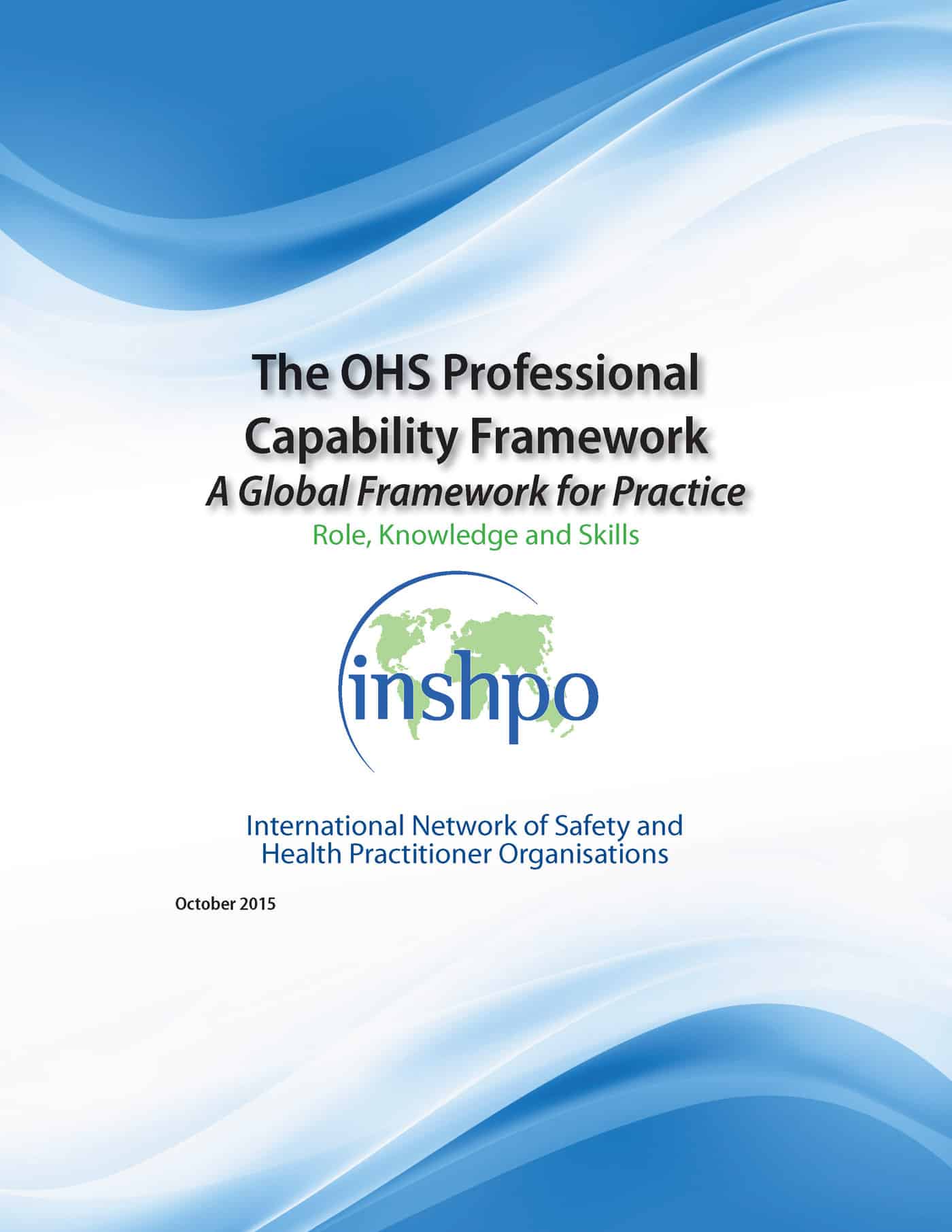The Office of the Federal Safety Commission is a weird beast. It originated from Royal Commission in the Building and Construction Industry which many at the time and since saw as a politically motivated exercise. But whereas the Australian Building and Construction Commission which also originated in the Royal Commission, is mired in political and media back and forth, the OFSC has remained relatively clean. This may illustrate the difficulty of arguing against workplace health and safety even when the Commission has a fair bit of safety clutter.
Recently the OFSC joined the workplace mental health movement, a legitimate occupational health and safety element. It will offer little that is new, but the results of its November 2021 member survey do provide a useful insight into the major construction projects and contractors.


 Victoria is the latest Australian State to introduce laws into Parliament that establish a licencing scheme for
Victoria is the latest Australian State to introduce laws into Parliament that establish a licencing scheme for 